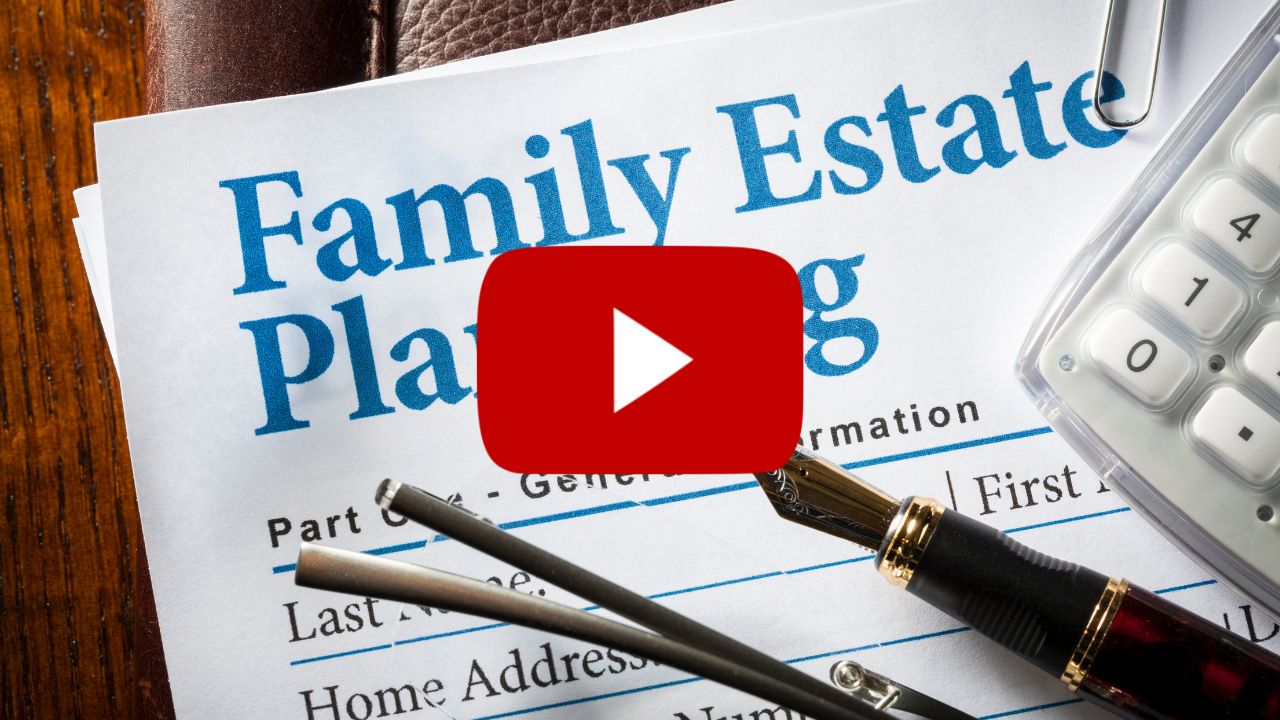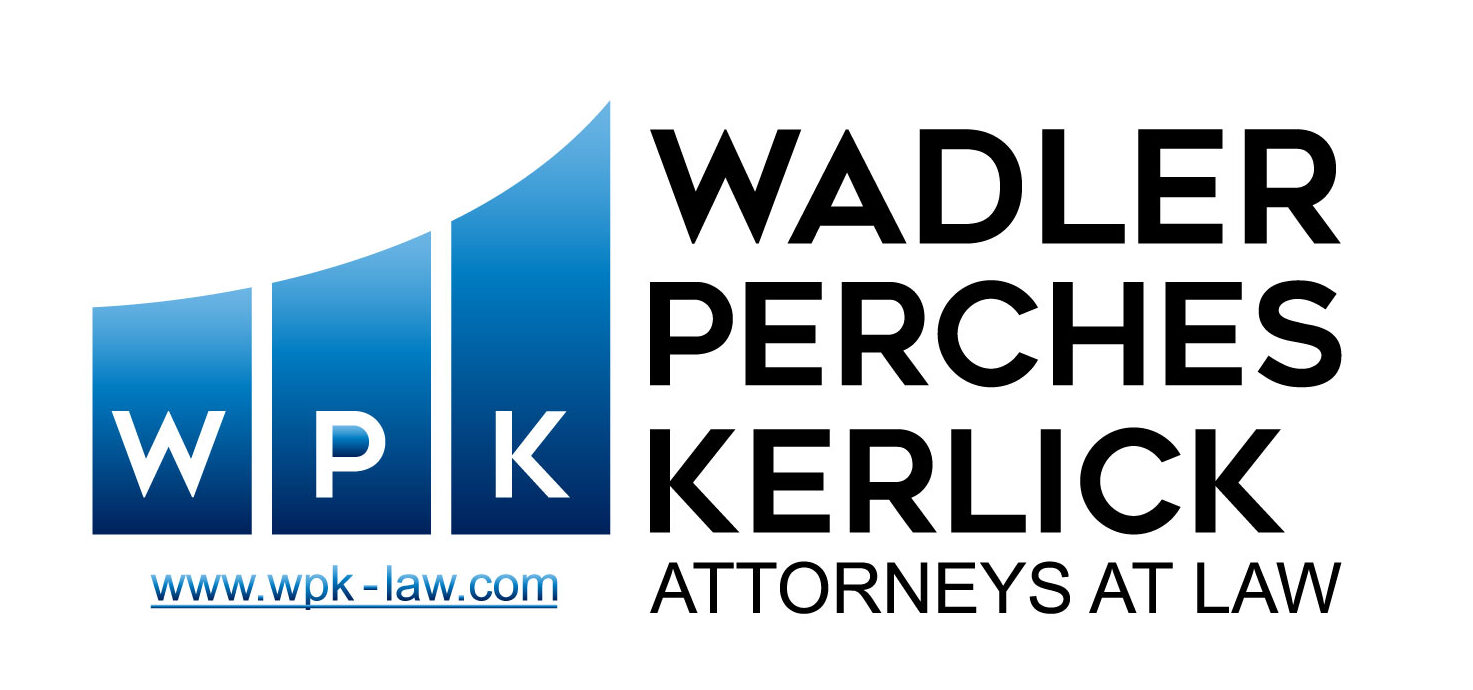Trusts versus wills — if you have a trust, do you need a will too? Attorney Ray Kerlick answers that question in this video. Call or text 800-929-1725 for an appointment.
Summary of Trusts versus Wills
Hi. I’m Ray Kerlick from the Law Firm of Wadler, Perches, Hundl and Kerlick, and I’m here in the Fulshear office answering questions about estate planning.
Question: Everybody tells me I need a trust not a will, what do you think?
Well, it’s a question we get all the time, trusts versus wills. And the answer is, they’re very similar documents but they do different things. Typically our response to this is, the question really isn’t trust versus will, it’s trust and will. That is to say, we need both. Because normally we would not recommend only executing the trust — we would recommend executing the trust in conjunction with an entire estate planning package.
The process for which I requested service for was easy and the turnaround time was sufficient to meet my needs. Ray was very thorough and knowledgeable with Estate Planning and Wills for my needs.

Larry H.
GatherUp.com ReviewTax Implications of Trusts
Typical things we hear about trusts are; trusts help with taxes, trusts avoid probate, trusts allow for privacy, and trusts allow me to do some funding today. Now, to the first issue which is tax considerations, for the most part we’re dealing with what we call revocable trusts.
Irrevocable trusts have a place but it’s a very limited place. And it literally means that the property or assets that you put in that trust will no longer be accessible by you in any way. So we don’t normally recommend those lightly.
So for the most part I’d say, taxes are not really a concern as between a trust versus a will. The estate tax exemption levels at this point are way above $10 million. And so for most people, estate tax planning, is not something we have to get seriously worried about.
Trusts Avoid Probate
Avoid probate. Well, this is something that makes sense and it has some truthfulness. Things that are in a trust do not have to go through the probate system. But does that mean we’re going to avoid probate in all costs and then in all respects? The answer is, probably not.
Part of the purpose of the will is to be a catchall, and by catchall I mean it handles situations or perhaps we haven’t put an assets into a trust or maybe some assets they can’t be held in trust like life insurance policies, or interests in small, closely held partnerships or corporations. The will is something that we would always recommend — that’s the catchall. So, at least in terms of avoiding probate, it’s partially true but the reality is, at least in Texas, probate is relatively easy so I wouldn’t say that’s a huge consideration.
Trusts Offer Privacy
However, the next one is important, and that’s privacy. At least within Texas, all wills that are probated become public record. So if it’s important to you to keep private how you’re distributing your assets after your death, then a trust makes a lot of sense and it’s probably the best way to maintain that privacy.
Trusts Can Be Funded Today
Finally, funding today. Again, think of it in terms of pre-inheritance. Basically what we’re doing is we’re taking assets out of the purview of the will and we’re putting them into the trust today. The reasons for that is effectively to make sure that we’ve got proper funding for our heirs for our people that were our beneficiaries in the future, and make sure that we can manage those funds potentially separately.
It’s also not bad as a layer of protection against potential liabilities. So, when we’re talking about putting assets into a trust, we’re effectively taking them out of our name and putting them into the trust’s name. That provides a layer of protection from certain liability that you as an individual may have. So again, this is a reason to consider creating the trust.
Even with Trusts, You Should Have a Will
However, we can’t do without the will because the will does some things that the trust simply doesn’t do. For example, and most importantly, we can designate a guardian for our minor children. That document can be prepared separately but again it’s typically included automatically with the wills we prepare.
Likewise, we normally would, in our wills at least, would include a contingent trust for any minor children anyway. So we’re already, kind of, building in some of the flexibility that the trust provides. That said, when combined with all of our other estate planning documents, a trust and a will could make a good one, two punch to provide you the solution that you need for your estate planning needs. Trusts versus wills should be trusts and wills to meet the needs of you and your family.
Get Your Estate Plan Started
Procrastination doesn’t pay in estate planning. The State of Texas has a plan for distributing your assets and it’s likely not your plan. Call or text 800-929-1725 for an appointment to click the button below.






